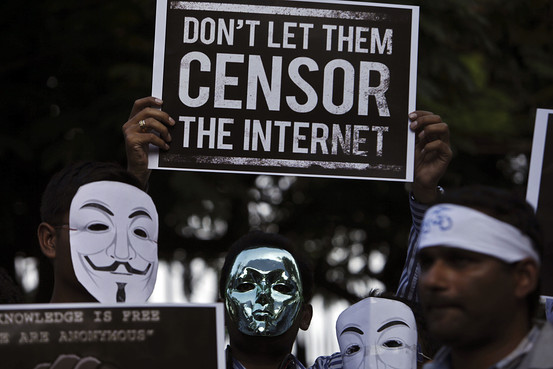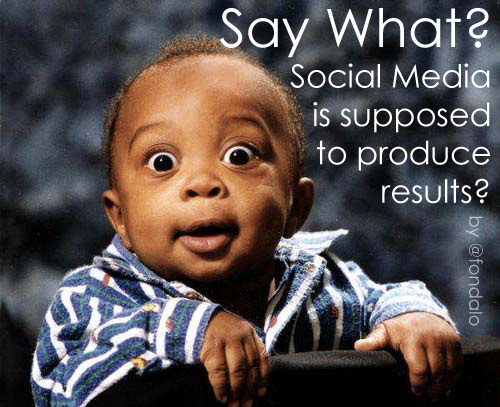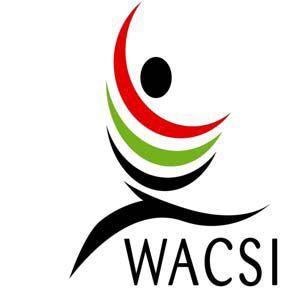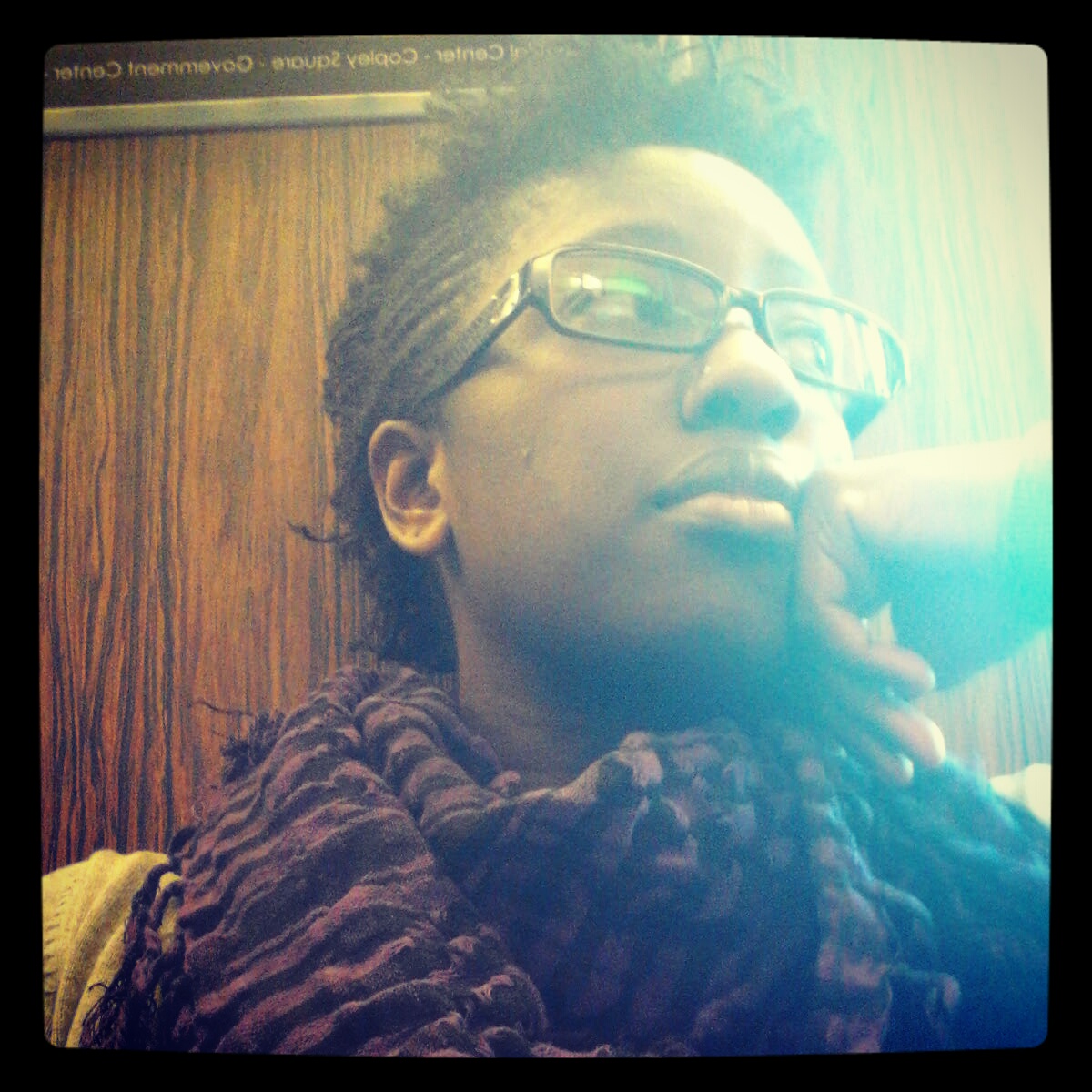I Don’t Know about You, But Responding to LGBT 101 Questions Over the Holidays Isn’t My Cup of EggnogÂ
 As a group that is routinely judged, shunned, and fighting for acceptance, we as LGBTI (Lesbian, Gay, Bisexual, Transgender, Intersex) people are often pigeon-holed into playing the role of educator to the people that inflict the most pain on us, however inadvertently by our friends and family members (who some, or even most of the time really do mean well).
As a group that is routinely judged, shunned, and fighting for acceptance, we as LGBTI (Lesbian, Gay, Bisexual, Transgender, Intersex) people are often pigeon-holed into playing the role of educator to the people that inflict the most pain on us, however inadvertently by our friends and family members (who some, or even most of the time really do mean well).
Given how heavily politicized LGBTI identities are (ie: constantly in the news as an issue for political debate) it’s challenging for our loved ones to get to know us as individual people versus some issue they’re not well-versed on or quite sure when and how to speak about.
They say the wrong things, often. So who’s the man in the relationship?” They believe and perpetuate stereotypes even when they mean to be supportive. You’re not a typical gay, flaunting your sexuality all over the place. They fear we’ll end up as the caricatures the media sometimes makes us out to be. I didn’t pay all your school fees for you to spend your time protesting half-naked in the street in glitter. And, unfortunately, given how much pain we’ve experienced at their words and their silence, we aren’t that great at helping them broaden their understanding of who we really are.
Our suffering decreases our emotional capacity to offer straight people the space and time through which they can explore their own feelings, and get their questions answered, a stalemate. But it doesn’t always have to be that way.
When I first started dating women, and came out to my siblings, first my sister, then my brother, I too was unsure of how to facilitate conversations about who I was, that is, without getting angry when they made callous statements that showed their lack of understanding, and, in defense, sound like a textbook e.g. (read in valley girl accent): “gender identity is separate from sexual orientation but heteronormativity causes society to conflate the two, which is totally problematic.” Goodness, who talks like that to their mother??

Moreover, it had taken me 20+ years to finally accept that I preferred to date women, and after this realization, I was still figuring out exactly what that meant. How could I have expected friends and family members to get on board immediately after I told them? Or even within a matter of weeks, or months? Shoot, less than five years ago, I was still wearing dresses until I realized that I felt more comfortable presenting as a more masculine person (much to the dismay of my poor mother, who dreamed of me in a beautiful, white wedding gown, and “well done-up” face she could boast came from her lineage on my wedding day — sigh).
As much as I yearned to be embraced (not just accepted, embraced) by my loved ones, it didn’t seem fair to my family (or even to myself) to expect that they would come to an understanding of this new me more quickly than I did. Nevertheless, placing myself directly in the line of fire — insensitive, inappropriate questions fueled by their curiosity (or judgement) — wasn’t working.
I quickly learned that forcing people to confront the elephant in the room (and there were many — more masculine clothing, a crazy frohawk, new friends, a compulsive habit of pointing out which well-liked celebrities were gay/lesbian/bi) wasn’t going to bridge the divide I felt growing between me and my siblings, or my parents. I couldn’t sacrifice my mental health for their education about who I was; I needed someone or something else to do the job.
Media Can Help Us Tell Our Stories (Even When We’re Not In the Room)
 Hence, just as I had searched for information that I could relate to, articles, films, people, I needed to encourage my family to do the same. Also, my support of their own process of (re)relating to me was critical; since dragging them to “rainbow parties” or “queer womyn of color sister circles” felt too extreme at the time. I didn’t want to make them or my friends uncomfortable, but I also wanted to avoid having to be their sole resource on LGBTI issues. Media was the only other way I could think of to appeal to their hearts, and evoke enough empathy so that they would do the rest of the work to get to know me again.
Hence, just as I had searched for information that I could relate to, articles, films, people, I needed to encourage my family to do the same. Also, my support of their own process of (re)relating to me was critical; since dragging them to “rainbow parties” or “queer womyn of color sister circles” felt too extreme at the time. I didn’t want to make them or my friends uncomfortable, but I also wanted to avoid having to be their sole resource on LGBTI issues. Media was the only other way I could think of to appeal to their hearts, and evoke enough empathy so that they would do the rest of the work to get to know me again.
Back then (early 2000s), I didn’t have much to work with; most of the LGBTI films on Netflix, including the L Word featured mainly white privileged characters. But then, I discovered Saving Face, a film drama-comedy about two lesbian Chinese-American girls navigating family expectations about career and marriage. That film was the closest I had to reflecting the complexities of my identity as a queer person of color who was also an immigrant — another narrative that is also missing from mainstream media.
I remember making my sister watch the film, and noticing afterwards–even though she may not have–how it changed our conversations and relationship for the better. She loved the film so much because she could relate to the immigrant-in-America theme, the plight of the main character, who was torn between following  family tradition and making her own choices. After watching the film, my sister saw my own circumstance in a new light, making her my biggest advocate and ally within my family.
I remember my brother and his best friend cringing at a scene in Trans America where a trans woman was forced into a masculine gender role by her mother when she visited; long after the film ended, they shook their heads at how “mean” society could be towards people they didn’t understand. I remember the first time my brother said out loud that he could never see me in a dress again, “that it wouldn’t be right,” and knowing that Trans America had created the first opening for me to share that I never quite felt like a “regular” girl.
Our Greatest Tool for Social Change is Empathy (Through Storytelling)

There’s something about media that lowers our defenses and makes it easier for us to learn, to accept, to connect. Yet, when we talk about “pushing for change”, we often leave out how much media and pop culture–and the narratives they depict we can relate to–humanize issues, and ultimately influence the people we love (and hope to be loved by).
But it’s time for a paradigm shift. Instead of arming yourselves with jargon infused rhetoric about “systemic oppression” and “gender binaries”, I’m going to go out on a limb here: To your parents who don’t quite get it, your siblings who do but don’t know how to help you, your apathetic cousin who is reluctant to get involved, or your baby niece who isn’t quite the homophobe yet but is on a steady media diet of prince-and-princess narratives courtesy of the Disney channel and Nickolodeon, I suggest that you give the gift of media.
Here’s why: In a recent study on the effects of fiction (storytelling), researchers assessed the mood and self-identification of readers before and after popular fiction novels, and found that the overall empathy i.e. ability to relate to (and, in fact, see themselves as)Â one of the characters, significantly increased.
In a paper published in a psychology journal, Gabriel and Young write:
“…Â books provide the opportunity for social connection and the blissful calm that comes from becoming a part of something larger than oneself for a precious, fleeting moment….reading fiction improves understanding of others, and this has a very basic importance in society, not just in the general way making the world a better place by improving interpersonal understanding, but in specific areas such as politics, business, and education.”
What does this mean for queer people of color? Our friends and our families are more likely to relate to who we are through a novel, a film, a song than they are a blog post titled, “How to Be an LGBT Ally.” It doesn’t mean that non-fiction articles, political campaigns, blog post “call outs”, and legal advocacy, are less important strategies, but I dare say they may not be as relevant around the average holiday dinner table.
In the face of funding cuts for the arts, and the constant (and annoying) trivialization of media as a tool for advocacy by LGBTI activists, it’s easy to dismiss personal storytelling, fiction, film, even music as powerful tools to invoke empathy and not just “social change”, but the stronger, closer interpersonal relationships that bring about this change. Still, we owe it to ourselves to invest in the relationships that matter to us the most by daring to facilitate critical conversations (in plain language!) about who we really are. So why not give your relationships a fighting chance and give the gift of media this holiday season?
What do you think of using media as a strategy to come out to friends and family? Have you tried this in the past? What was your experience? Also, not all media is ideal for the “101” conversations; feel free to suggest any other films, books, or music by queer people of color and/or the African Diaspora that you feel would be a great addition to this list.Â

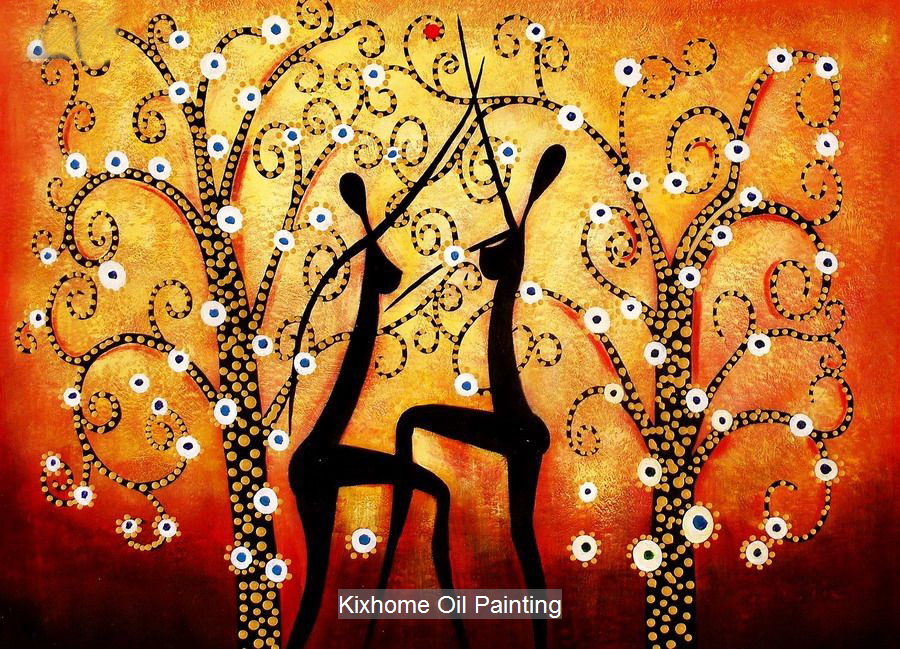


 Hence, just as I had searched for information that I could relate to, articles, films, people, I needed to encourage my family to do the same. Also, my support of their own process of (re)relating to me was critical; since dragging them to “rainbow parties” or “queer womyn of color sister circles” felt too extreme at the time. I didn’t want to make them or my friends uncomfortable, but I also wanted to avoid having to be their sole resource on LGBTI issues. Media was the only other way I could think of to appeal to their hearts, and evoke enough empathy so that they would do the rest of the work to get to know me again.
Hence, just as I had searched for information that I could relate to, articles, films, people, I needed to encourage my family to do the same. Also, my support of their own process of (re)relating to me was critical; since dragging them to “rainbow parties” or “queer womyn of color sister circles” felt too extreme at the time. I didn’t want to make them or my friends uncomfortable, but I also wanted to avoid having to be their sole resource on LGBTI issues. Media was the only other way I could think of to appeal to their hearts, and evoke enough empathy so that they would do the rest of the work to get to know me again.

 Will the Real African Social Media Experts Please Stand Up?
Will the Real African Social Media Experts Please Stand Up? More research is needed on how African NGOs specifically (including organizations based on the continent, managed by its residents i.e. not managed by some gap year volunteer from Holland) are using social media. As I sat and listened to a presentation on tips for increasing engagement on Facebook pages, which was based on Facebook data from companies all across the globe, I questioned its relevance to Africa; the insights that drove the suggestions were based on data heavily driven by internet- (vs mobile- ) connections,
More research is needed on how African NGOs specifically (including organizations based on the continent, managed by its residents i.e. not managed by some gap year volunteer from Holland) are using social media. As I sat and listened to a presentation on tips for increasing engagement on Facebook pages, which was based on Facebook data from companies all across the globe, I questioned its relevance to Africa; the insights that drove the suggestions were based on data heavily driven by internet- (vs mobile- ) connections, 
